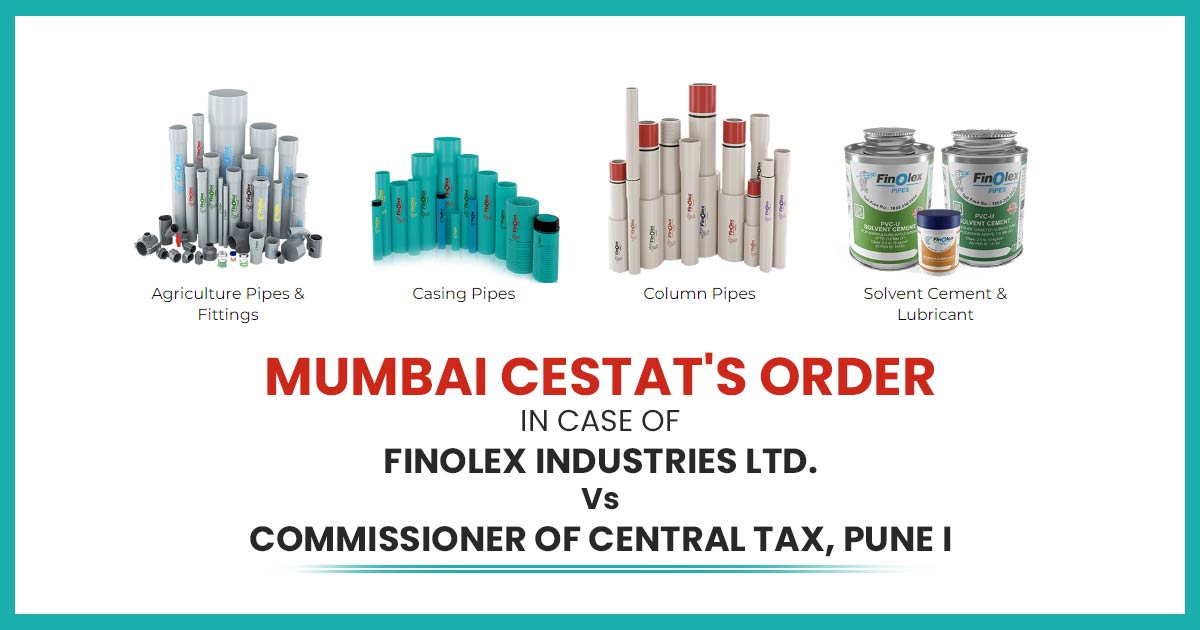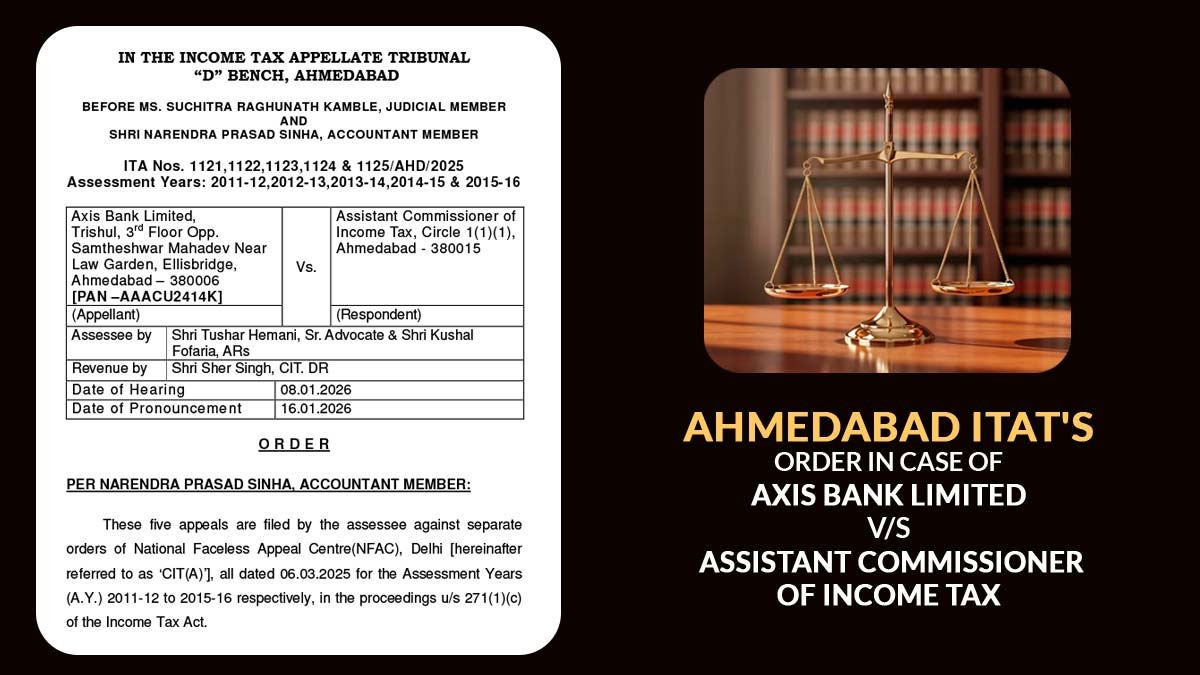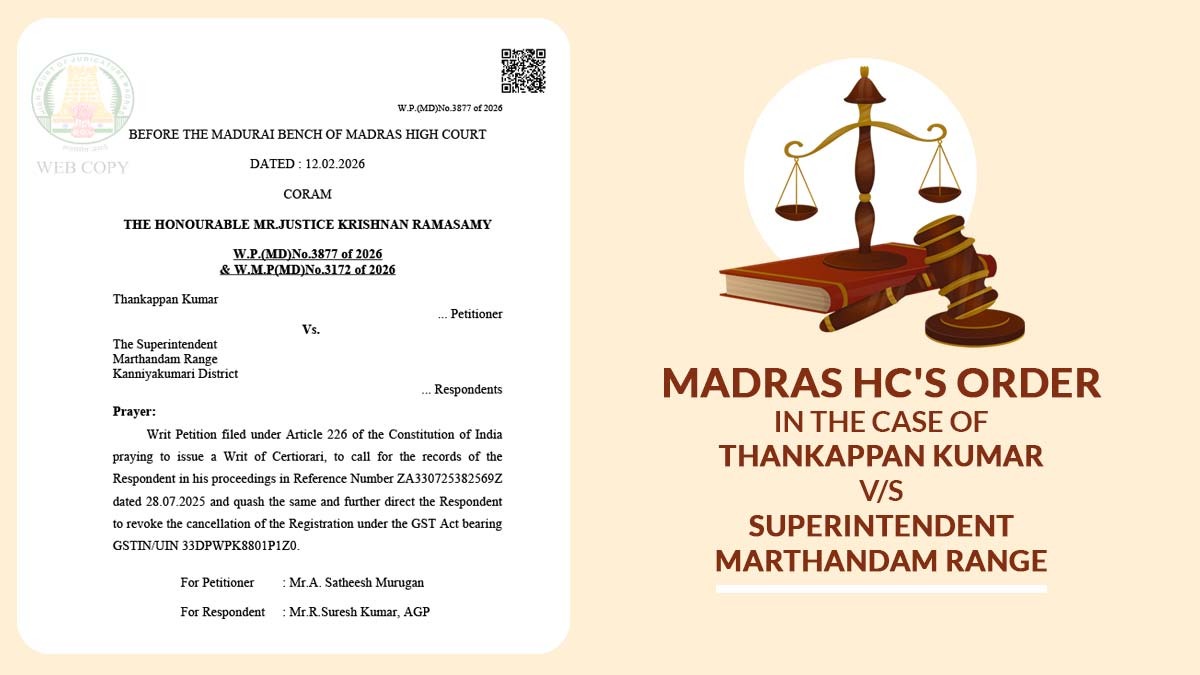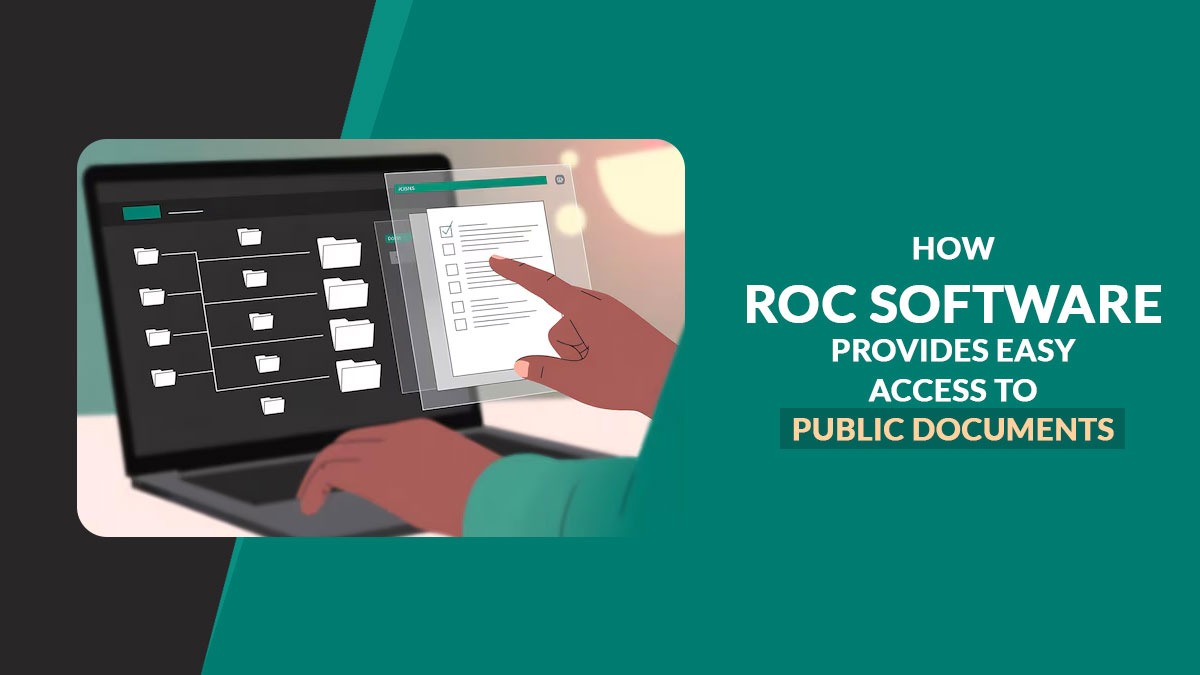
The Mumbai Bench of Customs, Excise, and Service Tax Appellate Tribunal (CESTAT) ruled that the taxpayer is qualified for CENVAT credit on inputs and input services utilised for the production of electricity, which are transferred to its sister unit at Urse free of charge.
The bench of Ajay Sharma (Judicial Member) witnessed that no allegation is there in the sale of electricity in the show cause notices, but the authorities have proceeded on the premise that at the time of this period, the appellant had sold the electricity.
The issue raised was whether Cenvat Credit on inputs and input services utilized for the generation of electricity is permissible to the appellant, which has been transferred (not sold) to its sister unit at Urse for the manufacture of dutiable goods by them.
The petitioner is engaged in the manufacture of PVC pipes, compounds, resins, and fittings that are chargeable to excise duty. They used different duty-paid inputs like steam coal, turmoil, lubricant oil, caustic soda, boiler chemicals, etc., and claimed Cenvat credit for the duty furnished through them on the stated inputs.
In 2010 they also installed an integrated captive power plant at the manufacturing division, Ratnagiri, where the appellant first produces steam, a part of which is used captively to manufacture the dutiable goods and the rest is utilized to generate electricity. The excess electricity is either sold out to MSEDCL or transferred to its sister unit at Urse. The appellant’s sister unit is also engaged in the manufacture of dutiable final products.
As the appellant was not maintaining separate accounts of the dutiable inputs and input services utilized in the manufacturing of dutiable goods and to generate electricity wheeled outside the factory, they have chosen the proportionate reversal as given under Rule 6(3)(ii) and kept reversing the cent credit taken on inputs and input services utilized to generate the electricity sold to MSEDL or transferred to its sister unit at Urse.
The department was not pleased with the manner of calculation of the CENVAT credit by the appellant, issued four SCNs before the appellant for the period from April 2015 to June 2017 and rejected them on the basis that they were not following Rule 6(3)(ii). Out of the four show cause notices, only 2 are in issue, which are for the periods April 2016 to September 2016 and October 2016 to June 2017, respectively.
On 9.7.2020 the common order-in-original adjudicated all four show cause notices, and the other two show cause notices for the periods April 2015 to December 2015 and January 2016 to March 2016 were dropped through the adjudicating authority based on the reason that the appellant had provided the needed intimation to the department as per Rule 6(3A) in March 2015.
The adjudicating authority for 2 show cause notices confirmed the demand on the foundation that no such report was provided to the department for the period April 2016 to June 2017, which is mandatory under Rule 6.
On the appellants’ plea, the Commissioner of Income Tax (Appeals) witnessed that, so far as the failure on the appellant’s end to provide the essential information under 6(3) or (3A) is concerned, the adjudicating authority can permit the appellant to practice the option at the time of adjudication proceedings. The adjudicating authority ruled that the appellant is permitted to choose one of the options as per the provisions of Rule 6(3).
The authority rejected the appellant’s petition for the reason that they are not permitted to use Cenvat credit on inputs and input services in the generation of electricity that is further supplied to MSEDCL or to their other unit located at Urse and are directed to pay or reverse the Cenvat credit involved in the stated supply as per the provision of Rule 6(3A) including with interest and penalty.
Read Also: CESTAT Mumbai Permits Refund of Service Tax on Canceled Flat Bookings
The SCN specifically recorded that during the period in dispute, the appellants had not sold electricity to MSEDCL, the appellant argued.
The tribunal, the CENVAT credit of inputs and input services utilized in the power generated in the captive power plant and transferred to the sister concern is admissible to the taxpayer as the inputs and input services were used in the manufacture of dutiable final products either via taxpayer or through their sister concern.
| Case Title | Finolex Industries Ltd. Versus Commissioner of Central Tax, Pune I |
| Case No.:- | No. 85925 of 2021 |
| Date | 24.04.2024 |
| Counsel For Appellant | Rajesh Ostwal |
| Counsel For Respondent | Sunil Kumar Katiyar |
| Mumbai CESTAT | Read Order |









